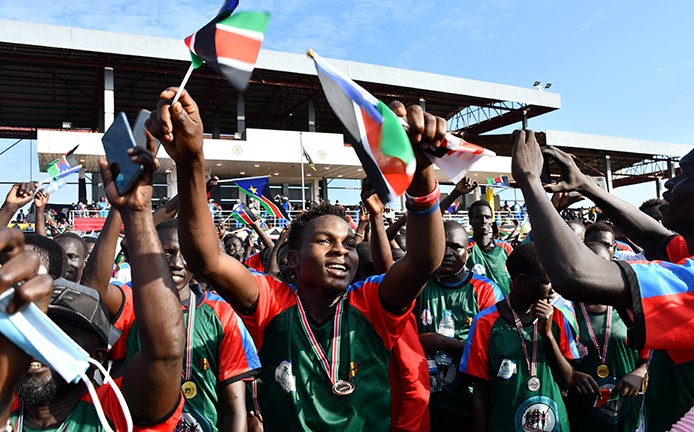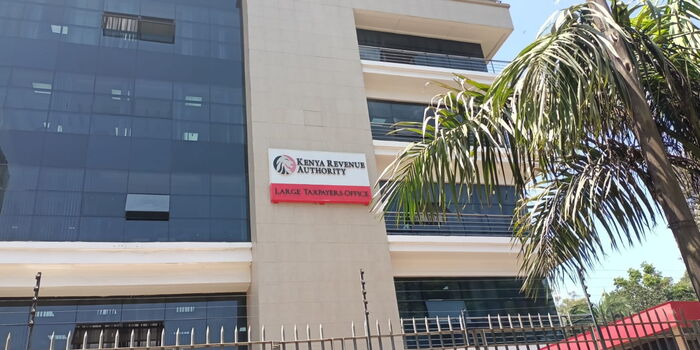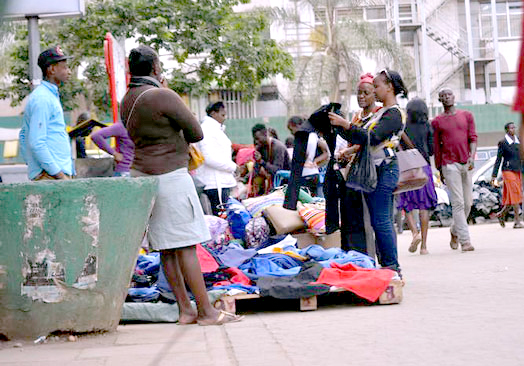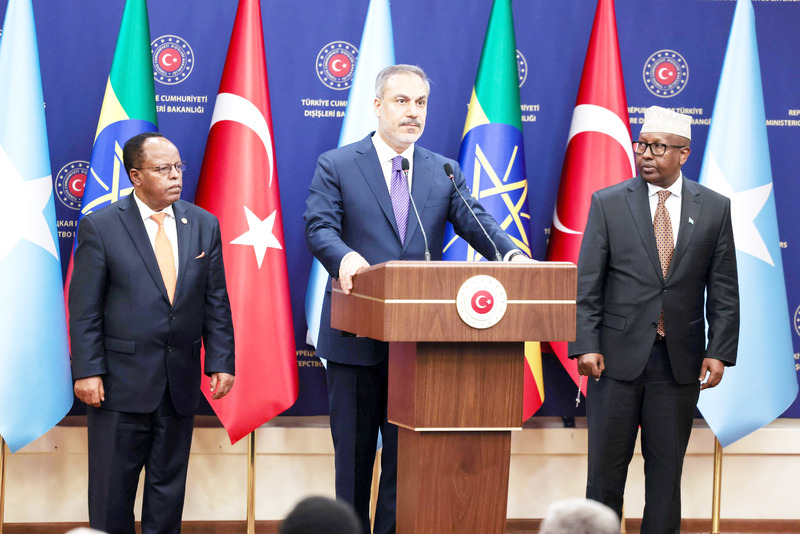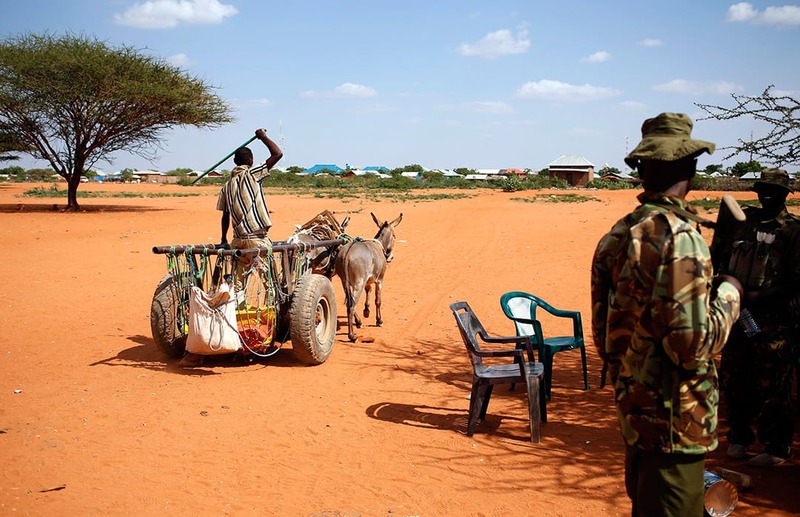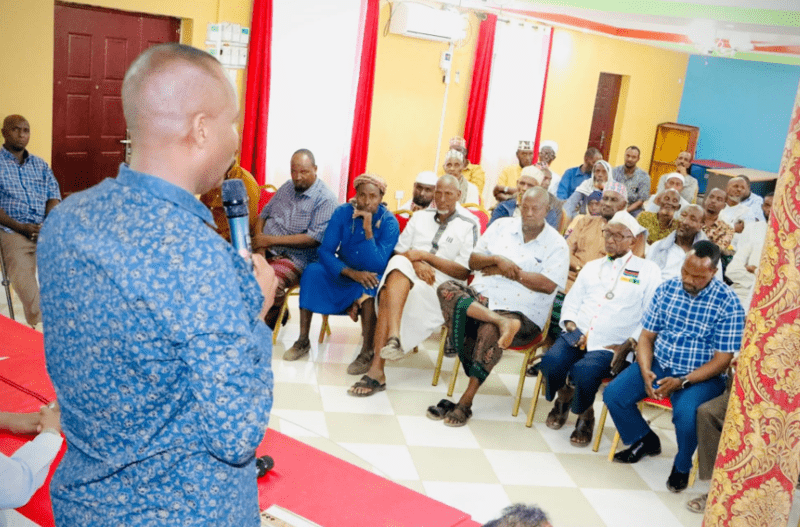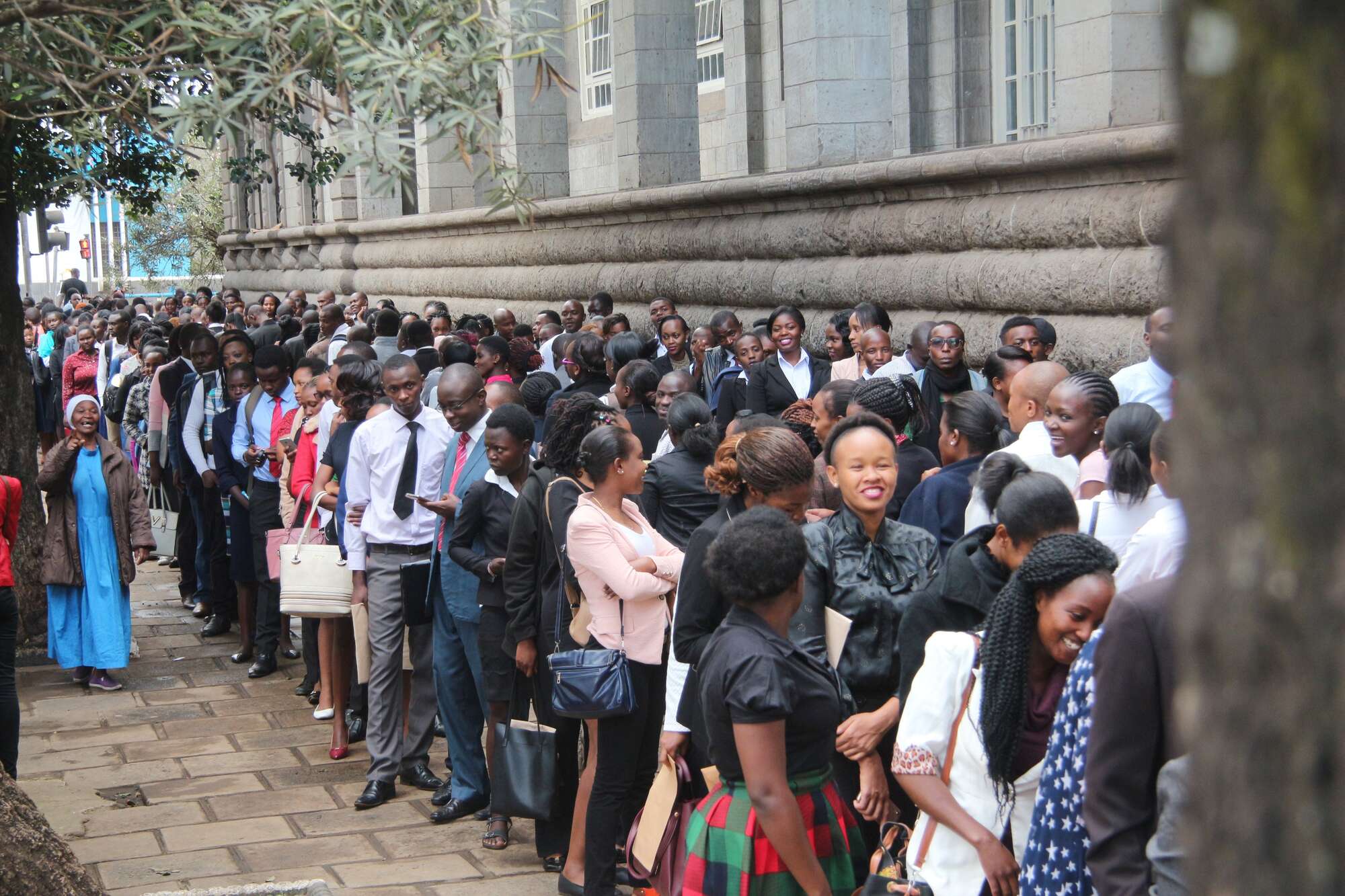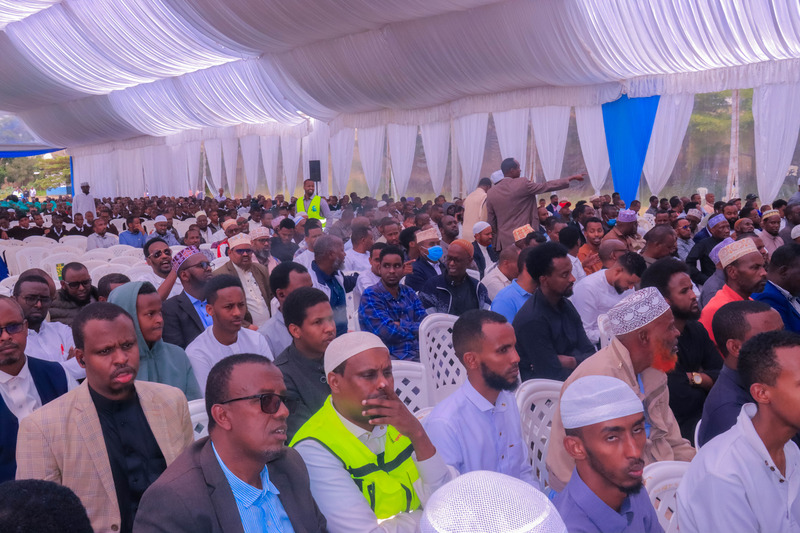[HOLD FOR QUOTES] Ethiopia partners with India to become self-sufficient wheat producer
![[HOLD FOR QUOTES] Ethiopia partners with India to become self-sufficient wheat producer [HOLD FOR QUOTES] Ethiopia partners with India to become self-sufficient wheat producer](https://publish.eastleighvoice.co.ke/mugera_lock/uploads/2024/06/wheat1.jpg)
By Hanifa Adan |
The focus is on enhancing wheat productivity in Ethiopia's Afar and Oromia lowlands, regions crucial for its cultivation amid frequent droughts and other climatic adversities.
Scientists from India and Ethiopia have forged a strategic partnership to revolutionise wheat cultivation under challenging dry climatic conditions.
The collaboration is part of the ambitious $94 million Climate Resilient Wheat Value Chain Development (CREW) project, jointly initiated by the African Development Bank Group (AfDB) and the Ethiopian government, according to UK agroconsult.
Keep reading
- Ethiopia discovers 21.3 billion cubic metres of natural gas in Ogaden region
- Urgent agricultural aid needed in Ethiopia to tame food crisis - FAO
- Horn of Africa droughts: How network of groundwater bores could help – study
- Ethiopia humanitarian crisis: UNICEF says 8.85 million children out of school
The focus is on enhancing wheat productivity in Ethiopia's Afar and Oromia lowlands, regions crucial for its cultivation amid frequent droughts and other climatic adversities.
A pivotal component of this endeavour is the three-year ADAPT-Wheat project, generously funded by the German Federal Ministry for Economic Cooperation and Development.
This initiative integrates modern agro-technologies and farming equipment to optimise wheat production.
Ethiopian researchers recently embarked on a knowledge-sharing mission to India, visiting esteemed institutions such as the Central Soil Salinity Research Institute (CSSRI) and the Indian Wheat and Wheat Research Institute (IIWBR).
At CSSRI, they studied advanced techniques for reclaiming saline soils, managing water use efficiency, and implementing cover crop strategies to mitigate soil temperature and evaporation effects. They also gained valuable insights into the breeding of wheat varieties with enhanced nutritional content.
Further, the Ethiopian delegation explored conservation agriculture practices at the Borlaug Institute for South Asia (BISA). Discussions at BISA focused on precision agriculture techniques, particularly maize-wheat rotations, which are anticipated to significantly boost wheat yields across Ethiopia.
The CREW project, backed by substantial financial support, aims to transform Ethiopia from a wheat importer into a self-sufficient producer and exporter.
Funding for the project includes a $54 million grant from the African Development Fund, supplemented by contributions from the Netherlands, OCP-Africa, and the Ethiopian government. Additionally, the Global Centre for Adaptation (GCA) is providing crucial support under the Africa Adaptation Acceleration Programme.
At its core, the CREW initiative emphasises the adoption of environmentally sustainable practices, including developing resilient seed varieties, enhancing soil health, and expanding irrigation infrastructure in the Afar and Somali regions.
The project targets to benefit 500,000 smallholder farming households, increasing wheat yields and bolstering food security for approximately 2.3 million people, with a significant focus on empowering women.







